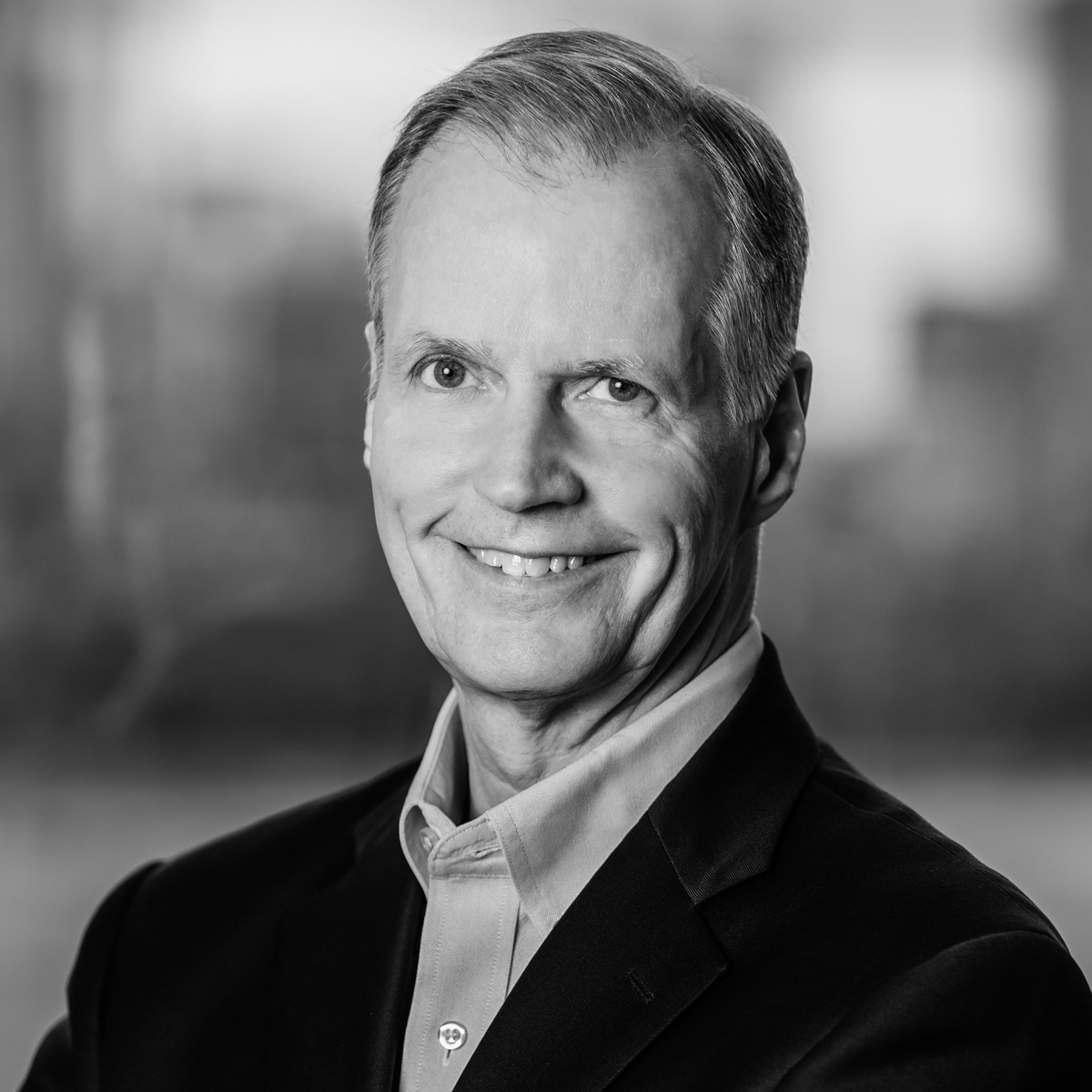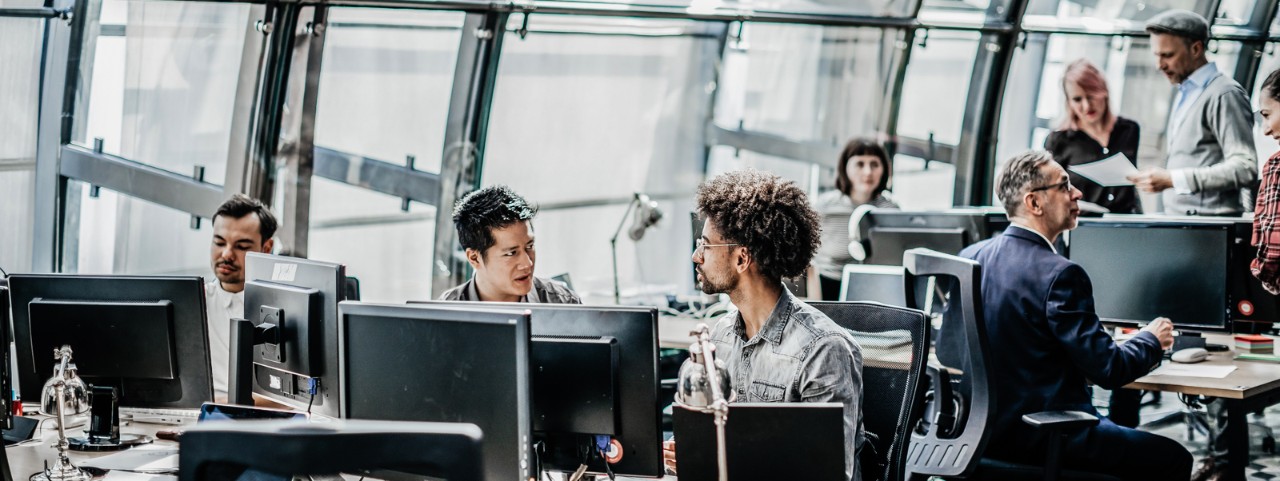
In a way, Thomas Malone has spent a lifetime training for the economic crisis caused by the COVID-19 pandemic. The Patrick J. McGovern Professor of Management at the MIT Sloan School of Management in Cambridge, Massachusetts, Malone has been working on information technology, organizational design, and leadership since his early days as a research scientist at the renowned Xerox Palo Alto Research Center in the early 1980s.
He describes his life mission as using computer technology to help create better organizations. In "The Future of Work" in 2004, he explored how technology is leading managers to make their companies more flexible and decentralized. His 2018 book "Superminds" described the challenge of our time as not whether humans or machines will predominate but how to enable groups of connected people to work with powerful computers to become superminds, and achieve the unthinkable.
The pandemic has sparked the worst economic calamity since the Great Depression. In the United States, some 30 million people — more than one in six members of the labor force — have filed for unemployment insurance in just the last six weeks. Video technology is enabling many of those still employed to work from home, and students to attend online classes. We don’t know when the pandemic will end, but the way we work, learn, and socialize may look very different when it does.
Malone discussed how these changes are likely to develop and why greater adoption of technology doesn’t have to lead to mass unemployment in a Zoom interview with Partha Bose, a partner at Oliver Wyman and a leader of the Oliver Wyman Forum, as well as Jilian Mincer, managing editor of the Oliver Wyman Forum, and Tom Buerkle, the Forum’s online editor.
Oliver Wyman Forum: You’ve written about superminds, the collective intelligence of hyperconnected people working with computers. Why did some of the assessments about how COVID-19 would spread not get it right?
Tom Malone: The right way to think about this from a supermind point of view is to ask how intelligent was the response of different countries given what was knowable at the time the decisions had to be made.
In the case of the coronavirus, a great deal of what needs to be known to make perfect predictions - whether you’re immune after you’ve had it, what the transmission paths are, and perhaps most importantly how widespread the infection is – still isn’t known. What makes this situation even more complex is that what you’re trying to predict depends on what you do. So if you correctly predict that if we do nothing it’s going to be terrible, and then you do some stuff and it’s not as bad as you predicted, that doesn’t mean you’re stupid. It means you correctly did some things to prevent what could have been a much worse outcome. That’s one way of interpreting what’s happened so far in this country.
Did we respond as intelligently as possible given the information that was available? I think in the United States it would have been possible to respond much more quickly and more effectively, and we might have had even fewer infections and deaths if we had done that. Many groups in the military and US government and other places have been predicting for decades the risks of global pandemics. It was quite anticipatable that something like this would happen.
When you think about cities as superminds, which are further along from a general intelligence point of view?
Malone: You can’t really give a city or a country or a giant corporation an intelligence test. But you can observe how a company or a city or some other supermind behaves in different situations and get a sense of the intelligence. Cities arguably are the longest-lived human institutions on our planet. That’s a fairly remarkable achievement.
How well will cities be able to adapt to changes that AI is making possible or triggering? The view that artificial intelligence is going to destroy vast numbers of human jobs and we’ll have permanent unemployment of a large fraction of the population, I think that’s very unlikely to happen. People have been worried about machines taking away human jobs for hundreds of years, ever since the Luddites smashed textile machinery in 19th century England. And every single time people have worried about that, some jobs have been destroyed or gone away, but at least as many new jobs have been created.
Many mayors in modern democracies worry that their counterparts in authoritarian regimes have access to vast amounts of data and might steal a march over them in the race to develop artificial intelligence. What’s your perspective on that?
Malone: That’s possible, but I think there are lots of other ways this story can turn out. I don’t think what cities should be preparing for is when computers take over all the jobs, or even how to make everybody an AI software programmer. They should be preparing for a world where computers do more and more things, and people do new things that computers can’t do and for which there was never an economic need before. My favorite example is the printing press. It basically destroyed the jobs of scribes, but by dramatically reducing the cost of copying material on paper, the printing press enabled the whole publishing industry and vast numbers of new jobs — novelists, reporters, newspaper editors, bookstore owners, comic book authors — many more jobs than the number of scribe jobs eliminated.
Some of the most interesting superminds we’ll see in this century will include people and computers together, doing things more intelligently than could ever be done before. Cities should be trying to facilitate the emergence of these more intelligent computer-human superminds.
How is life in our cities going to change after COVID-19?
Malone: One reason cities are centers of economic, social, artistic, and other kinds of activities is because they reduce the cost of communication. If you live in New York City, millions of people are a subway ride away from you, and many of them are just a 10-minute walk away. If you live on a farm in New Mexico, like where I grew up, there aren’t very many people within a 30-minute or even one-hour ride from you. Another very important thing cities do is facilitate ad hoc encounters — random meetings, random connections.
As long as we’re practicing extreme forms of social distancing, the traditional forms of communication by walking or taking a subway are mostly not in play. On the other hand, what we’re doing right now with a Zoom call is another, and in many ways even better, way of reducing communication cost. That actually reduces the advantage that cities have over other places. But one thing these communication technologies haven’t done yet is to replace the random encounter function of cities. There’s no reason in principle why you couldn’t develop software to facilitate that as well. Whoever does that will make a big difference in people’s willingness to meet electronically even after social distancing isn’t needed. I think this is very likely to happen.
If somebody can do their job remotely from anywhere in the world, why are they going to want to live in Manhattan or downtown Boston or LA? Why wouldn’t they do the same job from a farm in New Mexico, or a beach in the Cayman Islands, or a small town where their family members all live? Cities need to think about what kinds of entertainment or cultural experience or public art or whatever it is that’s going to make it worthwhile for people to live there for reasons other than because their office is there.
This is the first of two articles based on our interview with Thomas Malone. Next: How cities can address the challenge of retraining workers for the growth of artificial intelligence?

